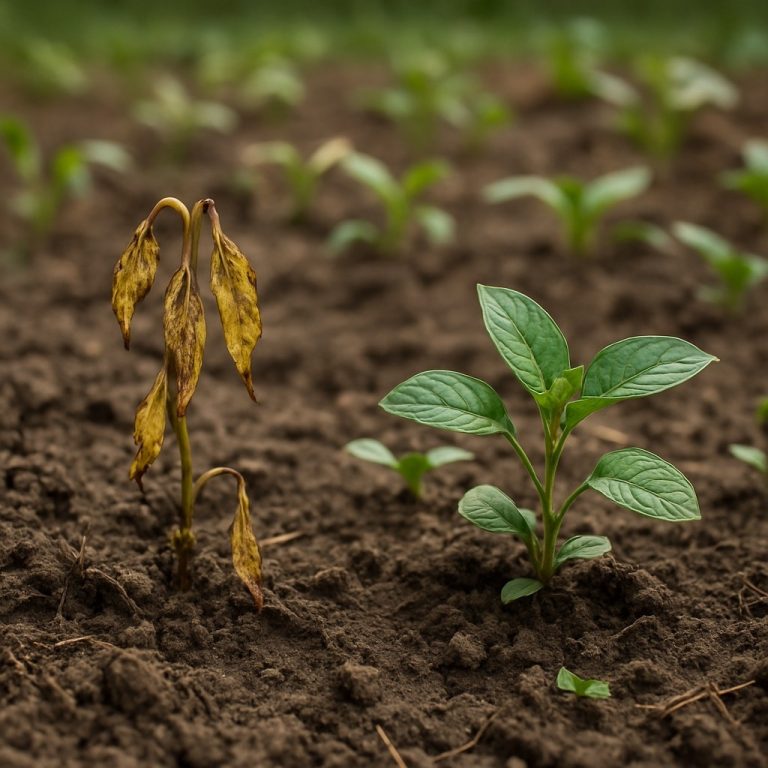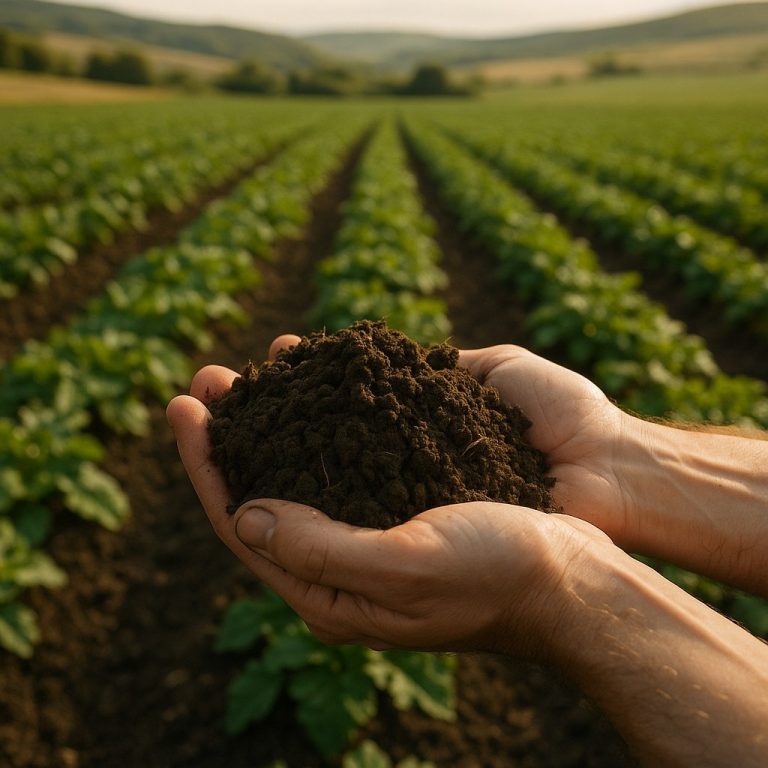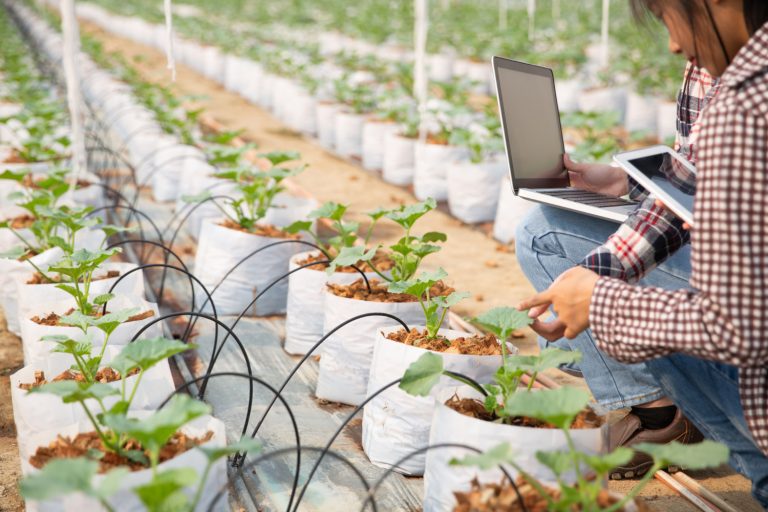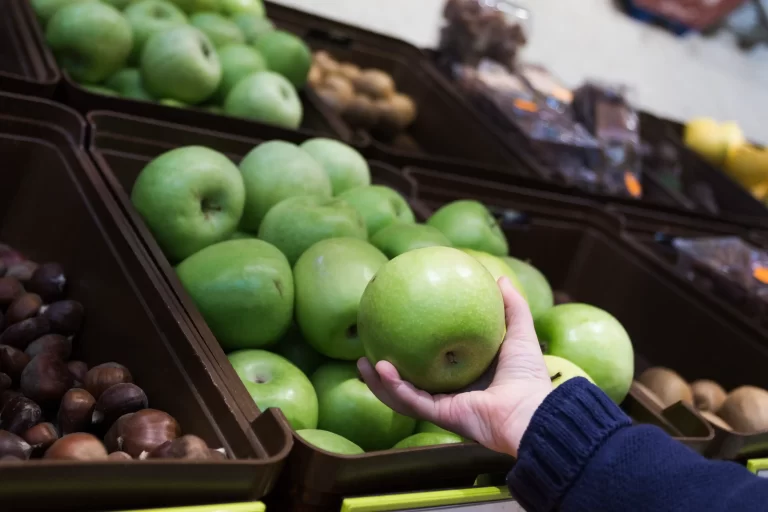Sustainable farming is at the heart of ensuring food security while preserving natural resources for future generations. With the increasing challenges posed by climate change, soil degradation, and water scarcity, farmers are adopting innovative practices to enhance productivity while minimizing environmental impact. One of the key elements of sustainable agriculture is the responsible use of fertilizers and soil management techniques that promote long-term fertility and ecological balance.
The Role of Fertilizers in Sustainable Farming
Fertilizers play a crucial role in agriculture by providing essential nutrients to crops. However, excessive or improper use of chemical fertilizers can lead to soil depletion, water contamination, and greenhouse gas emissions. Sustainable farming practices focus on using fertilizers efficiently to maximize crop yields while protecting the environment.
1. Organic Fertilizers: Nurturing Soil Health Naturally
Organic fertilizers, such as compost, manure, and biofertilizers, enhance soil fertility by enriching it with organic matter and beneficial microorganisms. These natural fertilizers improve soil structure, increase water retention, and promote biodiversity.
- Compost: Made from decomposed plant and animal matter, compost enhances soil health and reduces the need for synthetic fertilizers.
- Manure: Livestock waste, when properly processed, serves as an excellent natural fertilizer, supplying nitrogen, phosphorus, and potassium.
- Biofertilizers: These contain beneficial bacteria and fungi that improve nutrient absorption and enhance plant growth without harming the environment.
2. Precision Fertilization: Optimizing Nutrient Use
Precision fertilization involves the strategic application of fertilizers based on soil testing and crop requirements. This technique reduces nutrient wastage and prevents environmental pollution.
- Soil Testing: Regular soil analysis helps farmers determine the exact nutrient requirements of their crops, reducing the overuse of chemical fertilizers.
- Slow-Release Fertilizers: These fertilizers release nutrients gradually, ensuring a steady supply to plants while reducing leaching and runoff.
- Drip Fertigation: A combination of drip irrigation and fertilization, this method delivers nutrients directly to plant roots, enhancing efficiency and minimizing waste.
3. Integrated Nutrient Management (INM): A Balanced Approach
INM combines organic and inorganic fertilizers to maintain soil fertility and enhance crop productivity sustainably.
- Crop Rotation & Cover Crops: Rotating different crops and using cover crops help maintain soil health, prevent erosion, and naturally replenish nutrients.
- Green Manure: Growing specific plants and plowing them into the soil enriches it with nitrogen and organic matter.
- Microbial Inoculants: These beneficial microorganisms improve soil fertility and help plants absorb nutrients more effectively.
Eco-Friendly Fertilizers: Reducing Environmental Impact
Innovations in fertilizer technology have led to the development of eco-friendly fertilizers that promote sustainable farming.
- Humic Acid and Fulvic Acid Fertilizers: These enhance soil structure, improve nutrient uptake, and boost plant immunity.
- Calcium Nitrate & Boron Fertilizers: Essential for plant growth, these fertilizers strengthen plant cell walls and support flowering and fruit development.
- Bio-CNG Fertilizers: Derived from organic waste, bio-CNG fertilizers contribute to a circular economy while providing a sustainable nutrient source for crops.
The Future of Sustainable Farming
Adopting sustainable fertilizer practices is essential for maintaining soil fertility, protecting water resources, and reducing carbon footprints in agriculture. By integrating organic amendments, precision fertilization, and eco-friendly fertilizers, farmers can achieve higher productivity while preserving the environment.
With advancements in agricultural technology and increasing awareness about sustainable practices, the future of farming is shifting towards a greener, more responsible approach. Governments, researchers, and farmers must collaborate to ensure the widespread adoption of innovative, sustainable farming techniques for a healthier planet and a secure food supply.






